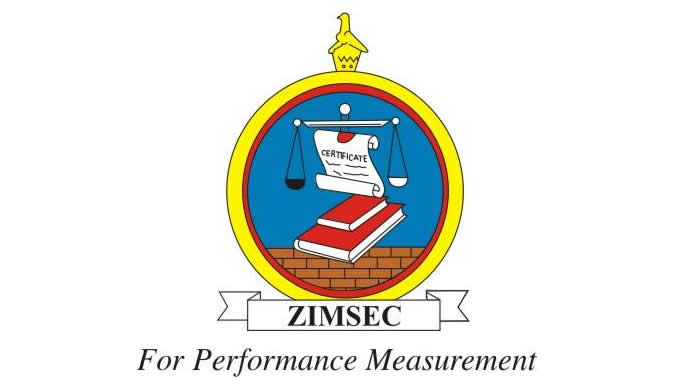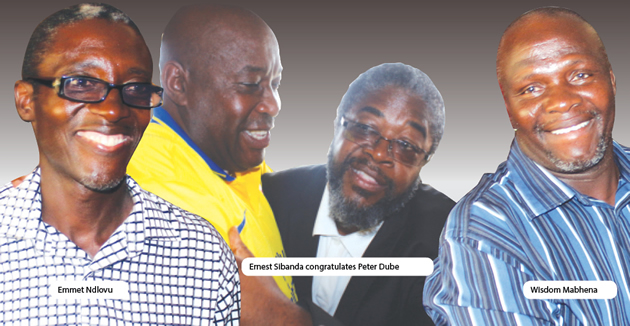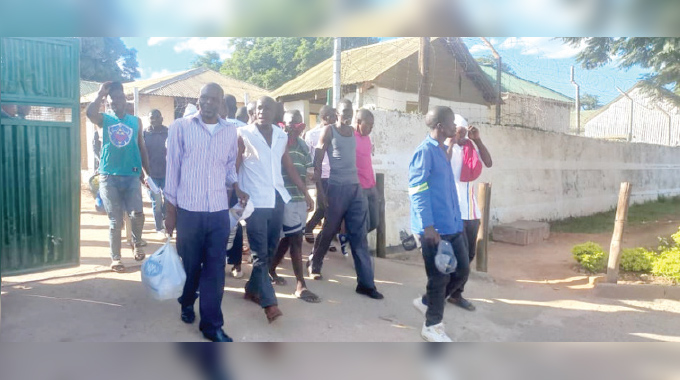Mat fail!

 Thandeka Moyo Chronicle Reporter
Thandeka Moyo Chronicle Reporter
FIFTEEN primary schools in Matabeleland South province recorded zero percent pass rate in the 2014 Grade Seven public examinations up from 13 the previous year.
According to a Zimbabwe Schools Examination Council (Zimsec) report, private schools dominate the performance ladder compared to most public schools.
The province’s schools of shame carrying the zero percent yoke are Mpofini, St Theresa, Emhlonhlweni, Dwala, Gcabayi, Zhomphembe, Seula, Towla, Bgemura, Phelela, Zvukwe, Newune, Malabe, Makombe and Mashumba Primary Schools, which had an average of 20 candidates.
The Ministry of Primary and Secondary Education’s provincial analysis report also indicates that more than 100 schools out of a total of about 180 primary schools performed dismally with most schools settling far below the national pass rate of 38, 13 percent.
Several of them scored between one and five percent.
At the top of the provincial ladder is Oakleigh House Trust School, which recorded a 100 percent pass rate and booked itself the number one seat nationally.
The Catholic run Sacred Heart Primary is number two in the province with 98 percent pass rate and ranked number 45 nationally.
Third is Rhodes Estate Primary School, which was number 65 nationally.
St Christopher’s, Portland and the Seventh-Day Adventist-run Solusi Primary also made it to the top ten recording 97, 96 and 95 percent respectively.
On position seven was the Catholic Minda Primary followed by Usher Primary which recorded an 89 percent pass rate.
Matopos Research Primary and Jessi Mine Primary also made it to the top 10.
Matabeleland South provincial education director Thumisang Thabela, however, regarded the 2014 results as a“great improvement” despite the series of zero percent marks.
“I can’t base my comment on the schools that scored zero percent but on the overall result. Schools which recorded a zero pass rate would be engaged to solve the challenges that led to the failure of pupils,” she said.
“We really improved as a province although I encourage schools to work harder as there’s room for improvement.”
Thabela said the province had introduced other languages to the syllabus and hoped the development would bring about a lot of improvement.
She urged communities to support schools and to assist with resources as well.
“Our greatest challenge is staff complement as we still have a lot of gaps in our rural districts. We also need resources to aid children in learning and motivate them to work harder,” she said.
Surveys indicate that almost half of the teaching staff in Matabeleland South are temporary teachers who did not undergo teacher training.
This has been blamed for the low pass rates in the province.
Thabela also said 40 percent of the teachers in secondary schools were not qualified while the province only has 66 trained early childhood development (ECD) level teachers out of the required 1,400.
She called on the corporate world, community and local authorities to partner with the government in improving teachers’ working conditions.
Thabela said her province needed about 1,400 trained teachers who could teach in vernacular languages. “We’re appealing to Advanced-Level graduates from Matabeleland South to take up the relevant training for ECD Level. Our teachers’ colleges are churning out teachers every year but they’re deployed in other provinces,” she said.
Zimsec director Esau Nhandara said in his report that there was an improvement in performance of schools in last year’s examinations countrywide.
“There was a significant improvement in the performance of candidates this year across all subjects. The trend is that female candidates performed better than male candidates across all subjects,” he said.











Comments